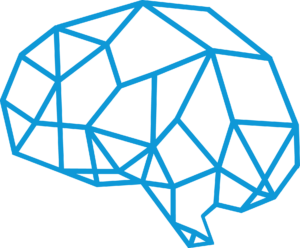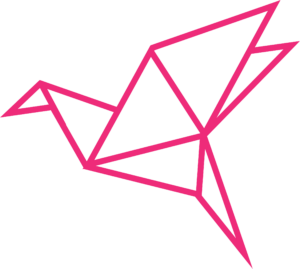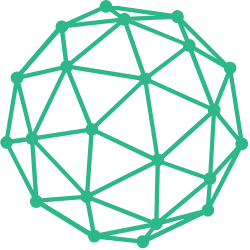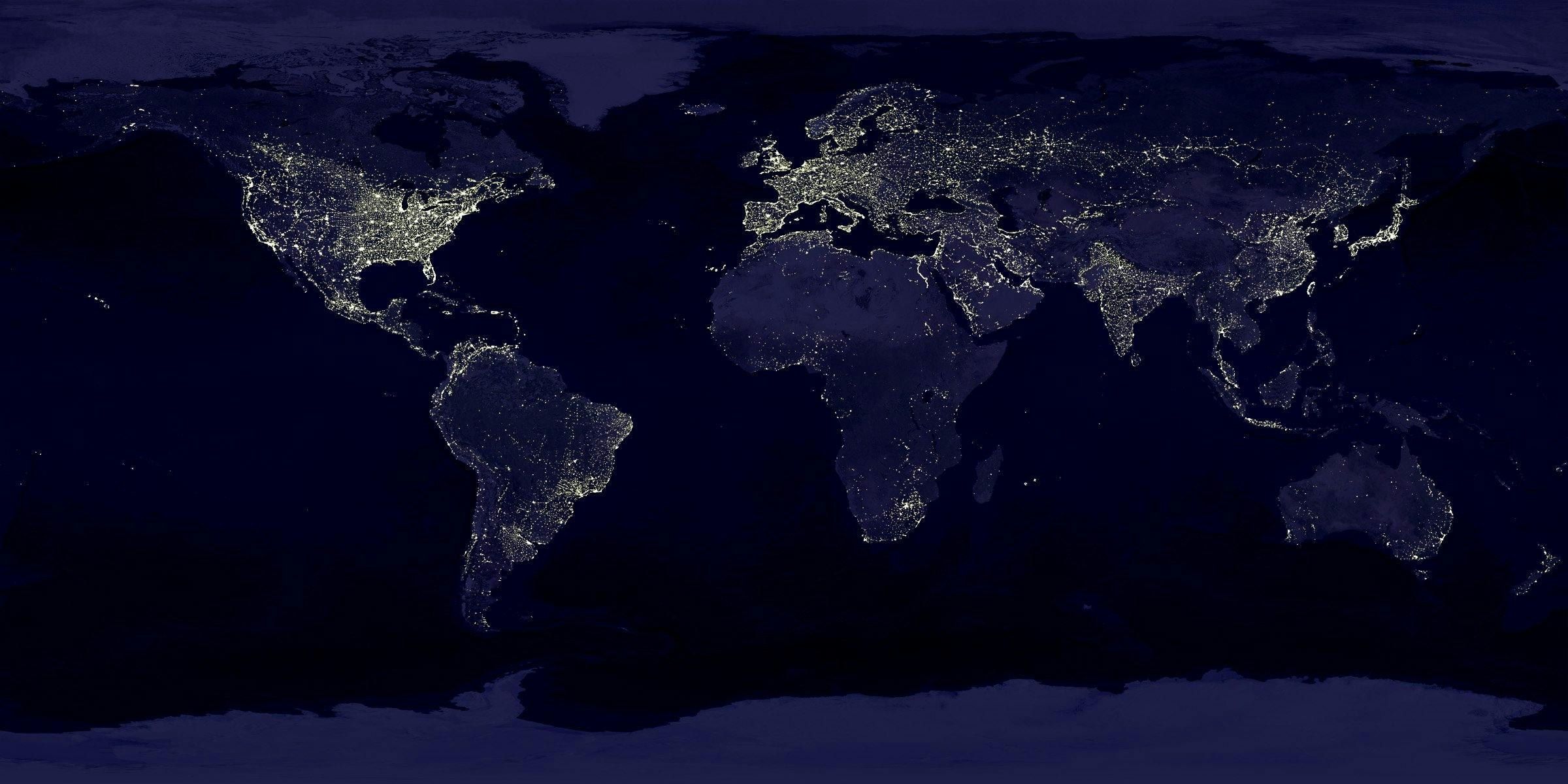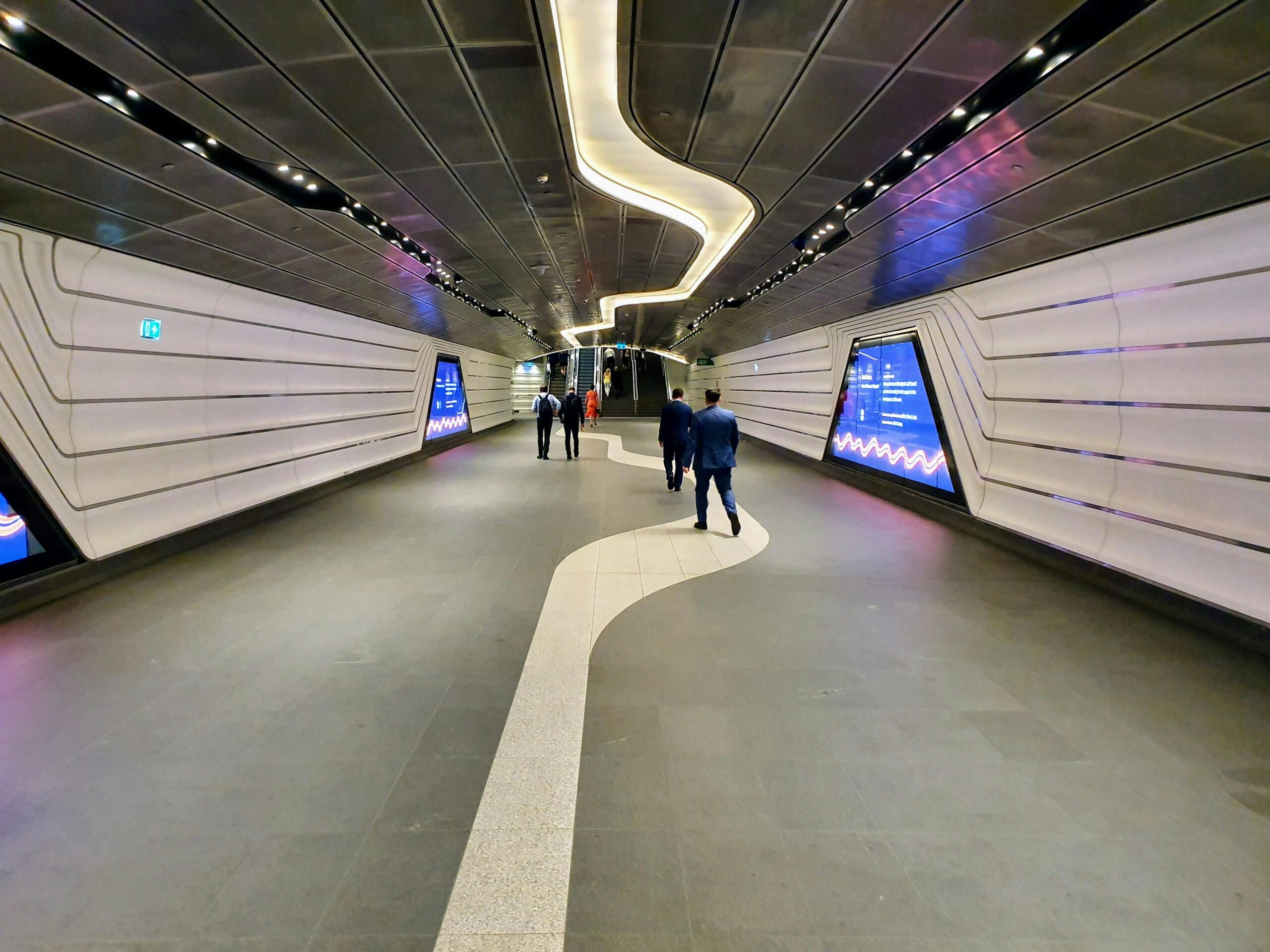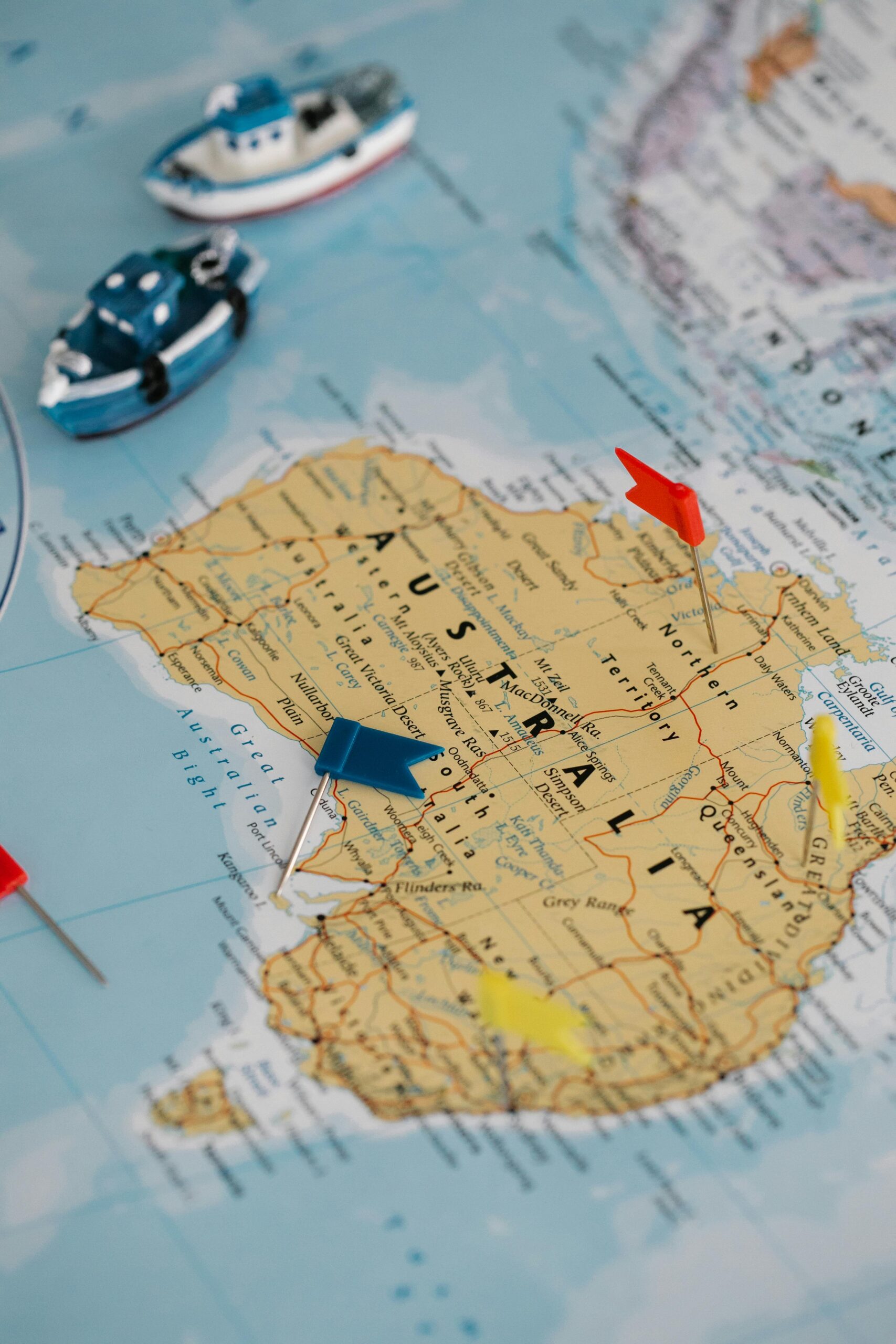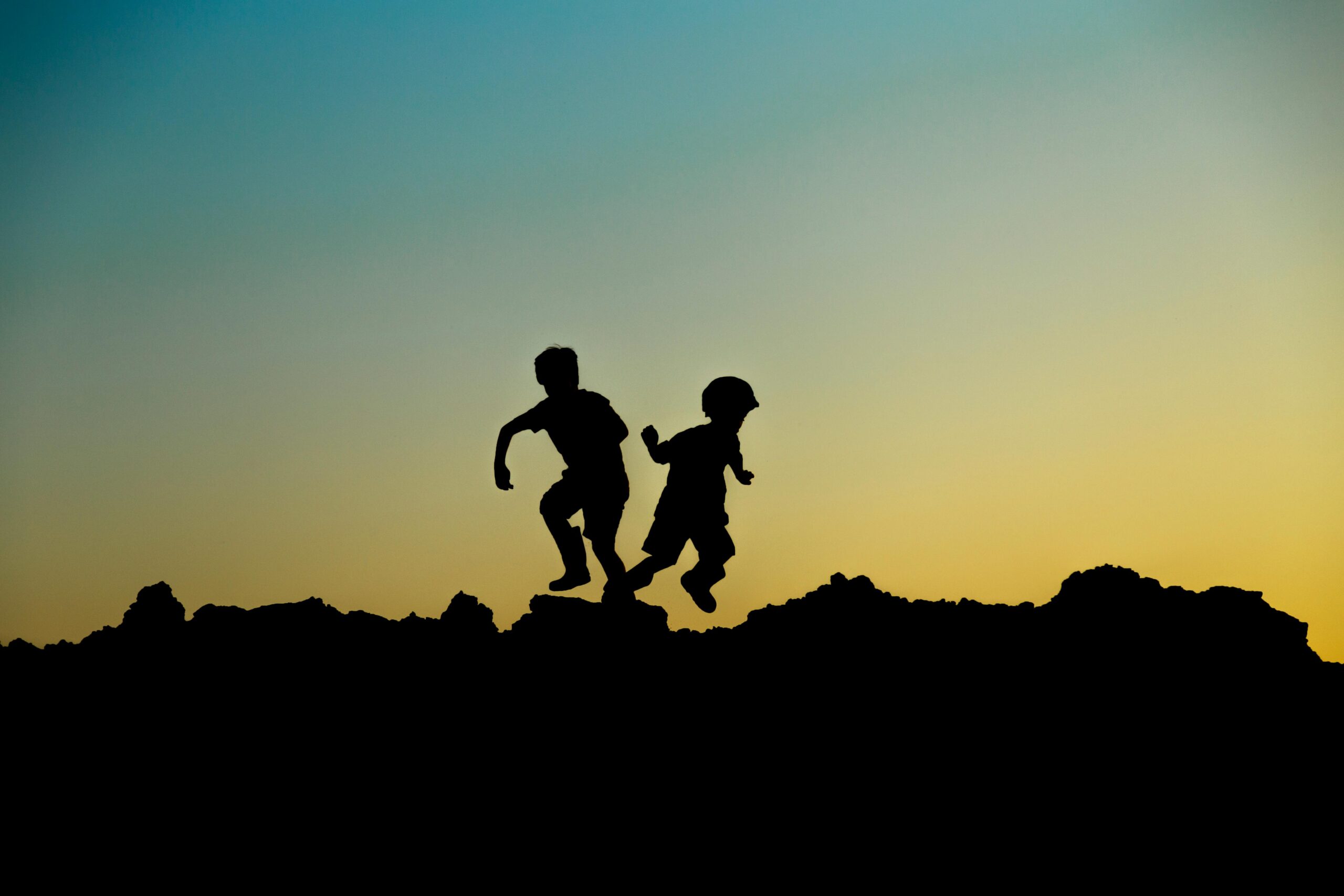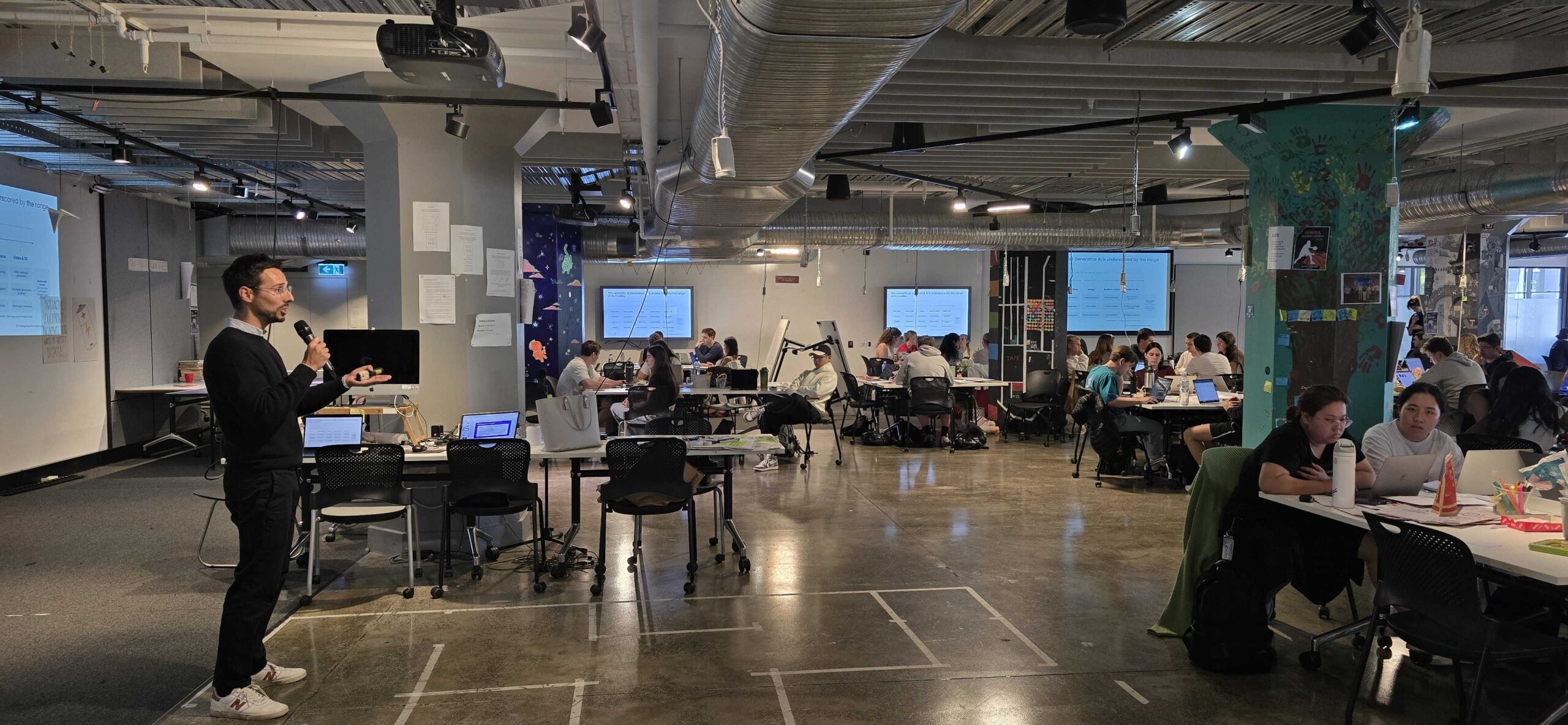The sophistication of Artificial Intelligence (AI) and our increasing dependence on technology is giving rise to a healthy debate about the role of human, also known as creative Intelligence (HI)(CI) in an increasingly digital and automated world. It has raised the question, are we approaching an artificial intelligence vs human intelligence showdown? Are these two things opposed? Can AI coexist with CI?
The term “AI” permeates our workplaces and has become synonymous with our everyday lives (Hey, Alexa…). However, with the widespread adoption of AI are we losing sight of creativity or are we having a ‘second renaissance’ of creativity’s critical role in business and society? Do we now need to hone in on Creative Intelligence more than ever to navigate the increasingly automated world?
At our latest Fresh Perspectives event, we asked two UTS Academics, Bodgan Gabrys from the field of Data Science & AI, and Bem Le Hunt from the field of Creative Intelligence to have a robust discussion about whether one intelligence will dominate the other.
I wanted to share a few of my thoughts that bubbled up that night and have been percolating over the week since.
1) Artificial Intelligence has gotten serious
Over the last few years, we have stopped seeing the funny failures of AI in the past, such as Google Translate failures that would make you laugh at their “not quite right” outputs. Very quietly in the background, AI has started to perform very well, and those funny moments happen less and less. AI has become smarter and more accurate, but it did so quietly…without us really noticing. Now our reliance on AI has started to pervade our day-to-day…
Think to yourself, when was the last time you used a physical map? Applications like Google Maps incorporate AI to help you find the fastest and most accessible route to get you where you want to go. We are reaching a point now where many of us are wondering – could we cope without technology and the algorithms underpinning this tech that make our lives undeniably easier?
2) There is a danger of creative intelligence diminishing if we just outsource our lives to technology and ai.
Although AI is making life easy and seamless for us all, we are at danger of outsourcing creativity and the things that help us think differently for the sake of time and convenience. What makes us human is that we choose to be creative – we choose to paint, cook, play music. When we outsource those creative pursuits to AI, we are at danger of limiting our own capacity to be creative and our capacity to continue to learn and grow as creative beings.
Now, artworks designed by AI are selling for almost half a million dollars. One of the questions posed at the event was if art or music is made by an algorithm is it really art? Is it really music? Bodgan Gabrys, AI expert, argued that if you have an emotional or physical reaction to the piece of art or music then, yes, it is in fact art.
However, the danger of this argument lies in the fact that by “outsourcing” the development of art to machines, we fail to undertake those creative pursuits that grow our own intelligence as humans. Learning isn’t simply through knowing, but it’s through doing and being. Art and music are expressions of experiences, telling stories of the artist or composer. It is this process of sharing stories and experiences between the artist and the audience through artistic expression that helps others to collaboratively grow and develop creatively.
If we outsource creativity to AI, it is to the detriment to our growth as creative beings.
3) AI is getting better at mimicking human behaviour – but that’s not always a good thing
Many AI algorithms provide past data to build a predictive system. However, if the past data is biased or inaccurate, AI will project that data into algorithms that continue to repeat that bias or inaccuracy into the future.
Now, as organisations and governments look more and more to the utilisation of AI to predict patterns and use that data to sell products, to decide judgements, to provide home loans – we need to ask those challenging human questions that underpin that data. Because, if we leave it up to the AI, it won’t challenge or question the data source. It will simply mimic and predict from it.
So, did one Intelligence come out on top in the debate? The simple answer is no. There was more convergence in the thinking about how we use the tools of AI to enable our own ability to continue to be creative and develop our creative intelligence.
In my personal view, I think there’s a case for seeing AI as a tool that enables us but with a cautionary lens that we don’t let convenience and a lack of understanding about the tech chip away at the things that help us learn and grow creatively in our work, lives and societies. When it comes down to artificial intelligence vs human intelligence, we should remember that whilst they can coexist, we must make the effort to balance them.
